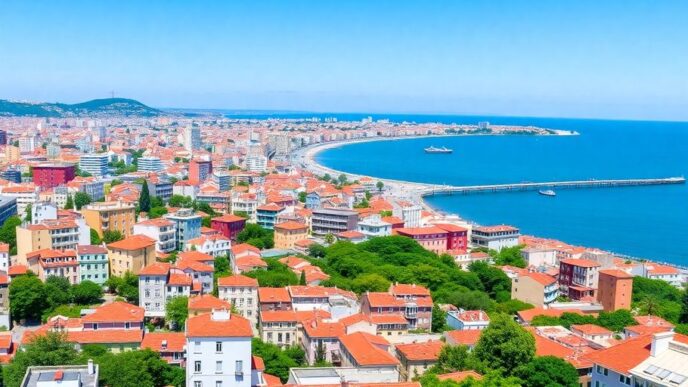The Portuguese government has unveiled a new budget proposal aimed at enticing citizens under 35 to remain in the country. This initiative includes significant tax breaks designed to combat emigration and attract foreign youth, reflecting the government’s commitment to addressing the challenges posed by a declining young population.
Portugal’s center-right government has been grappling with a significant emigration crisis, particularly among its youth. Recent statistics reveal that approximately 850,000 young people, aged between 15 and 39, have left the country in search of better opportunities abroad. This trend has raised alarms about the future workforce and economic stability of Portugal.
In a bid to reverse this trend, the government has proposed a series of tax incentives for young people. The key features of the initiative include:
- Income Tax Exemption: Individuals aged 35 and under will not pay taxes on their income up to €28,000 in the first year.
- Progressive Taxation: Over the next ten years, the tax burden will gradually increase, with exemptions of 75%, 50%, and 25% in subsequent years.
- Target Audience: The initiative is designed not only for Portuguese citizens but also for young foreigners looking to settle in Portugal.
The estimated cost of implementing these tax breaks is around €650 million, which represents nearly 0.2% of Portugal’s GDP. Finance Minister Joaquim Miranda Sarmento emphasized that this measure is crucial for retaining young talent, with projections suggesting that between 350,000 and 400,000 young individuals could benefit from the tax breaks.
This new proposal builds on previous initiatives aimed at supporting young people in Portugal. In June, the government introduced exemptions from the Real Estate Property Tax (IMT) and Stamp Duty (IS) for young individuals purchasing their primary residences. These measures reflect a broader strategy to create a more favorable environment for young people in the country.













